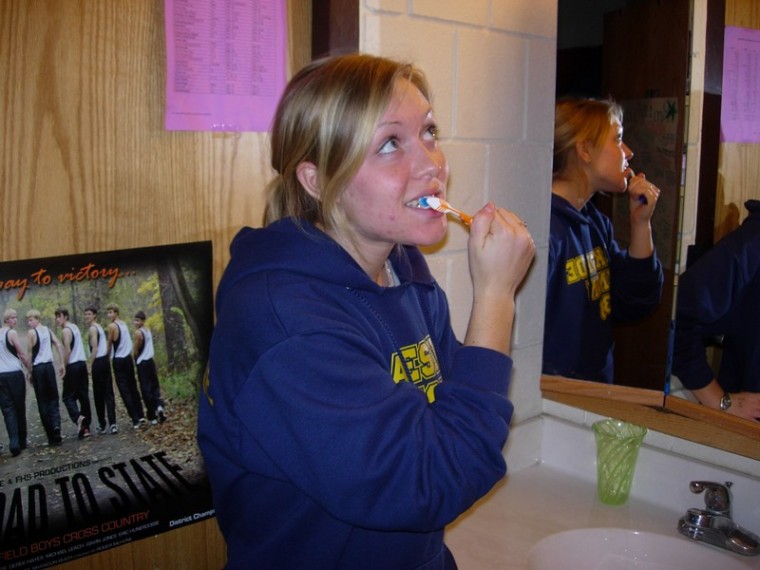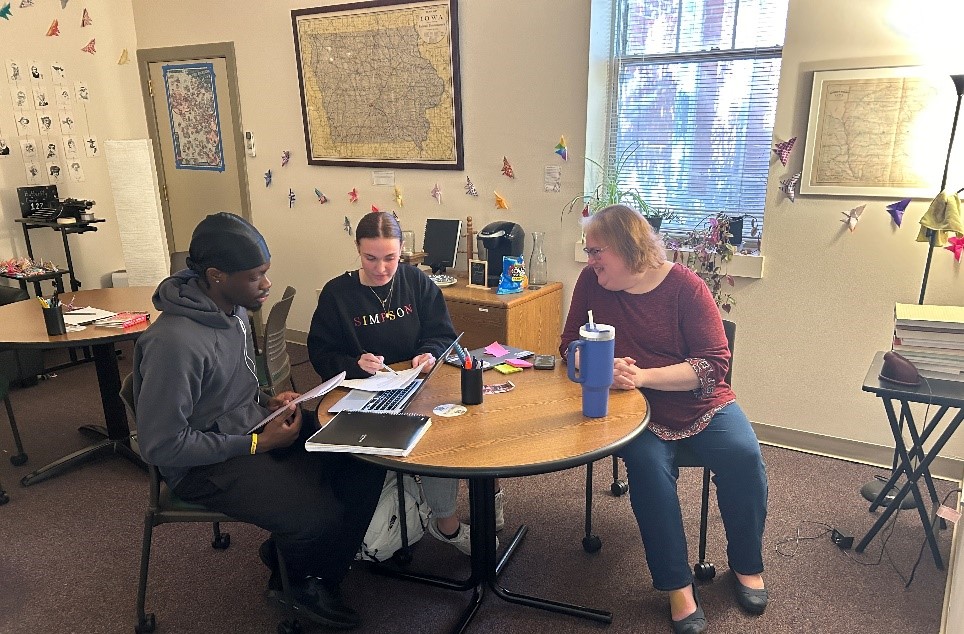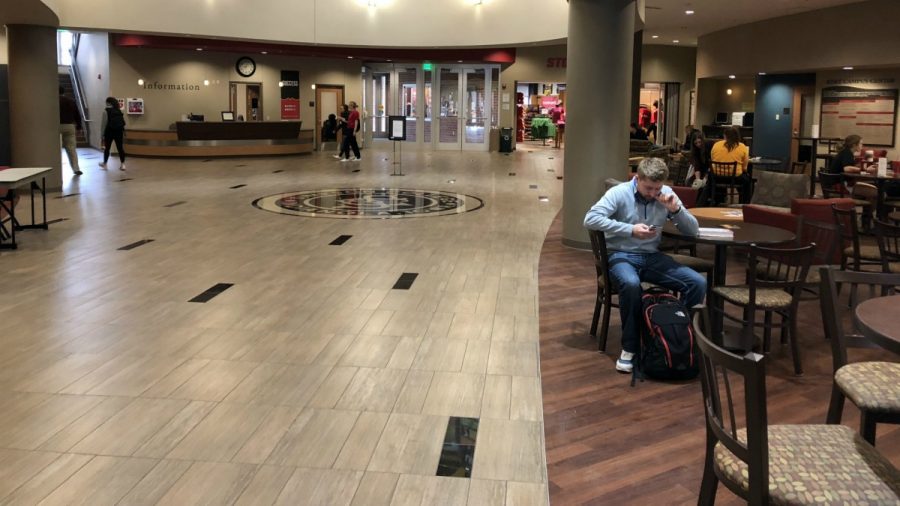Campus energy, water consumption increasing yearly
February 10, 2005
Everyone at Simpson College has two things in common: they all need water and they all need electricity.
What many don’t realize is that most people make bad use of them.
“I think that when we come here, we might be a little more cavalier because we’re not directly paying those bills,” said Brian Peer, assistant professor of biology.
The amount of energy and water used in the residence halls increases each year, and energy costs also have a lot of fluctuation.
“The way we live has changed,” said Bart Lane, director of campus services. “Ten years ago we didn’t have air conditioning in every room as we do now.”
Although energy consumption steadily increases from year to year, Simpson has taken some measures to help offset the increases.
“In both Kresge and Barker, when someone walks into one of the restrooms, the lights come on automatically,” Lane said. “When the motion sensors don’t detect any more movement, the lights go off.”
Besides the motion sensors, most of the heating and air conditioning at Simpson is controlled by a central panel.
“All of campus is on a central energy-management system,” Lane said. “We can look at room temperatures and we can control lighting.”
Simpson also uses high-efficiency light bulbs that require less energy than traditional bulbs.
Water conservation is another important area of efficiency that Simpson is conscious of.
“We do use low-flow fixtures on commodes, urinals, shower fixtures and that kind of thing, so that conserves water,” Lane said.
The environmental issues class in the fall of 2004 conducted surveys about environmental issues, including energy conservation, but the results have yet to be analyzed completely.
“I think the college is very efficient,” Peer said. “The students and I were very impressed about how efficient it is with trying to keep up with new technnology.”
More than 100 students responded to the survey.
“I was very pleasantly surprised from when students did surveys,” Peer said. “The ones who did respond seemed to have a genuine concern for the issues.”
More than 70 percent of the students said they don’t leave lights on when leaving a room and don’t leave the radio or television on while sleeping.
A vast majority, 98 percent, said they would be willing to taking steps to reduce energy consumption.
Other students do not consciously conserve energy but do so because of habit.
“It’s not really something I think about because it was something I was taught being raised,” said sophomore Danielle Farrell. “It’s just kind of second nature at this point.”
Sophomore Rachel Faulstich agrees with Farrell.
“I guess I always turn off lights because I don’t see any point of them being on if I’m not using them,” Faulstich said. “With laundry, you can wear clothes two or three times before washing them. We have to really appreciate our water here that other people don’t have.”
The main way that students can help conserve water and energy is by paying attention to their environment and being conscious of water and energy waste.
“What we really need is education,” Peer said. “The big impact we could have is really through education to make everyone more aware of the issues.”






